How to Handle Childhood Friendships
By
7 years ago
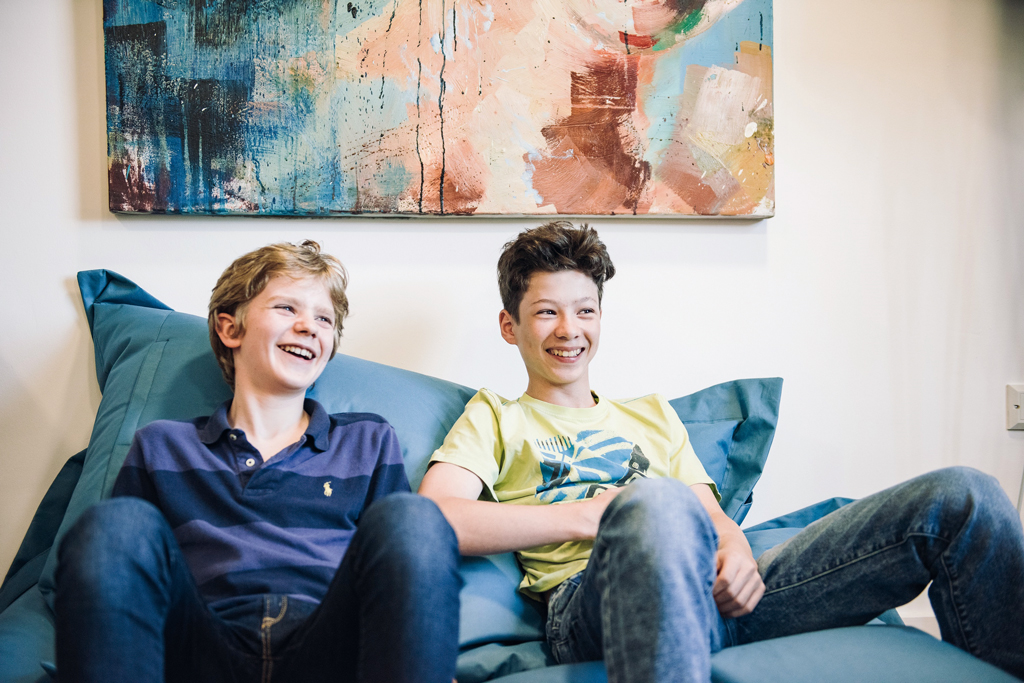
Victoria Lambert considers the value of childhood friendships and how far parents should go to foster them
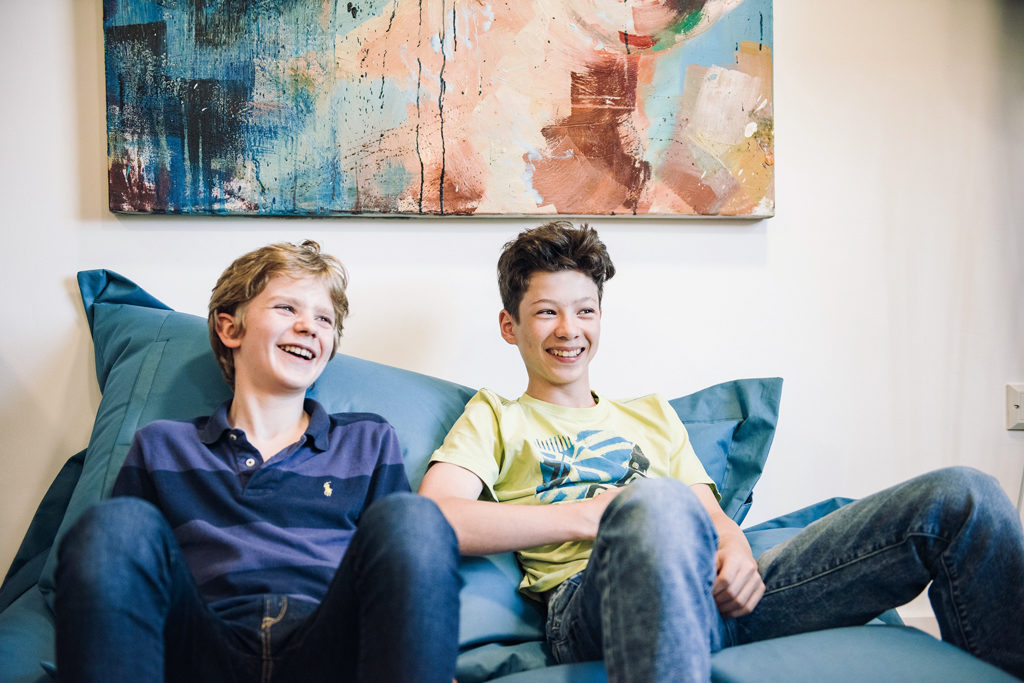
When eight-year-old James started forgetting to take his football boots to school, his mother Mel, a 40-year-old yoga teacher in Cheltenham, felt frustrated. But it soon emerged that James’s behaviour was connected to something more fundamental.
‘James had always been part of the sporty boys at school,’ she explains, ‘but he wasn’t especially mature for his age. As his peers began getting stronger and taller, James had found himself getting left out of games and losing his place in the friendship group as a result. Leaving his boots at home was a not-so subtle way of making sure he couldn’t play – and so couldn’t be rejected either.’
Mel worked with the school to help James join a different group of boys who liked to play board games at lunchtime and he soon seemed content again. But the affair left a bad taste in her mouth. ‘I can’t help looking at the boys who rejected my son and feeling angry with them,’ she admits.
Helicopter Parenting
Children’s friendships are famously complicated – no other relationships are ever so perfect one moment, so awful the next. But some discomfort may be necessary: being able to make friends is acknowledged as one of life’s key skills.
‘Our brains are wired to make connections,’ says Jan Symes, Senior Counsellor and psychotherapist at Charterhouse School, Surrey. ‘This is crucial to our happiness and wellbeing and our success in life. Being able to communicate and work alongside other people – professionally as well as personally – is an important skill.’
This isn’t an excuse for parents to wade in. Liat Hughes Joshi, author of New Old-fashioned Parenting explains: ‘The so-called helicopter parenting trend means some of us are over-concerned and over-invested in all sorts of aspects of our children’s lives and their friendships is one of these. Whereas a generation ago, mums and dads rarely got involved in their offspring’s arguments and issues, now some are monitoring every playdate – checking what’s going on and intervening a little too quickly.’
She adds: ‘It’s so important for young children to begin to learn to resolve their own disputes – over whose turn it is with that toy. As a parent it is a positive to offer a little guidance when needed but that’s different to constantly hovering and intervening all the time.’
The Tricky Teenage Years
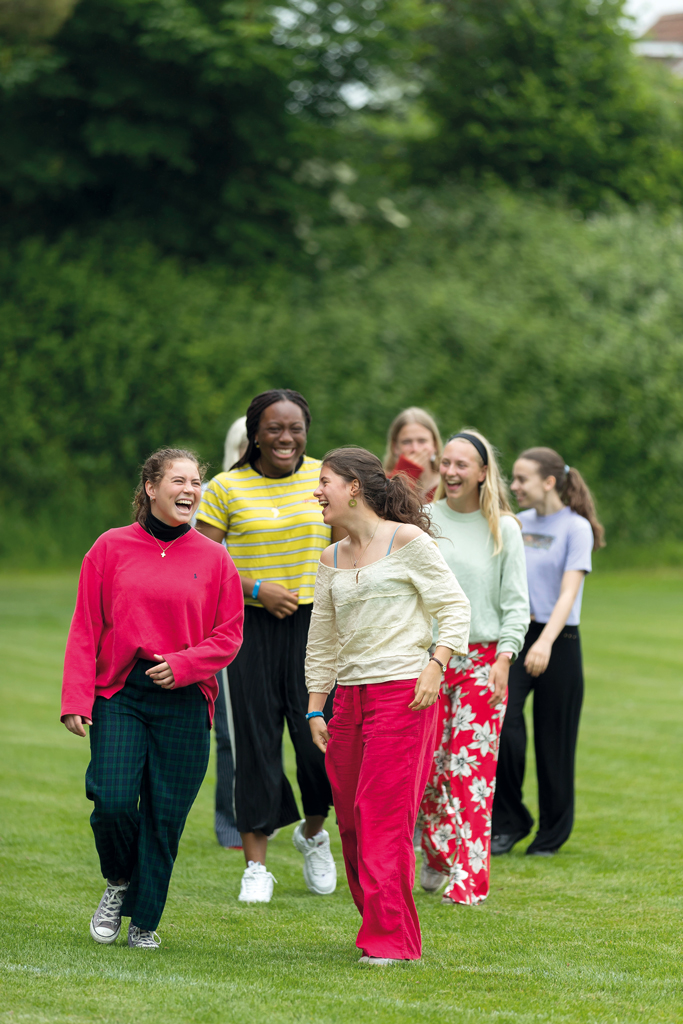
Friendship definitely gets harder when adolescence looms, says Kate Leaver, author of The Friendship Cure, which explores how we make friends. ‘We’ve got hormones, growth spurts, learning, first loves, fledgling sexuality, possibly family conflict and a tender sense of who we are in the world, so of course any relationships we have throughout that time can get tumultuous.’
‘I think we choose our teenage friends by convenience, proximity and likeness. We gravitate towards people we feel an affinity to, within a limited pool of people (whoever is at your school, sitting next to you in class, friends with your family).’
But ideally, she adds: ‘We’d be choosing them based on kindness, humour, compassion and comparability.’
The Gender Divide

Boys are just as subject to shifting alliances, warns Kendal Mills, deputy head (Pastoral) at Stamford School in Lincolnshire. Indeed, a UK report published in July 2018 in the journal PLOS ONE found that boys are
more ‘cliquey’ than girls, especially in mixed-sex schools.
‘The biggest problem is when they arrive at senior school,’ says Mills, ‘with new personalities. Inevitably some find it hard to accept that a friend from the previous year might not be theirs going forward.’
Among boys, Mills notes several areas of possible tension. ‘Boys are competitive within their friendships and about how many they have. They count the number of friends which has led to a modern craze for big parties at a younger age.’
He adds: ‘Many boys feel they have to be clever but not too clever, sporty – but not a try hard. They have to look cool – it can be all about having abs now, a big chest and a narrow waist, and woe betides the boy with spots.’
The biggest problem he sees in friendship groups is the dominance of banter. ‘You have to be good at “bantz”,’ he says. ‘Boys that are good at verbal quickfire find it fun. For those that aren’t, it can be hell on earth.’
Sudden Changes
Sometimes, it is the speed of change that parents find so hard. When 15-year-old Clara came home from an exeat to announce she had no friends, her mother Beth was surprised. Clara seemed to have gone from being outgoing and popular to introverted and moody overnight.
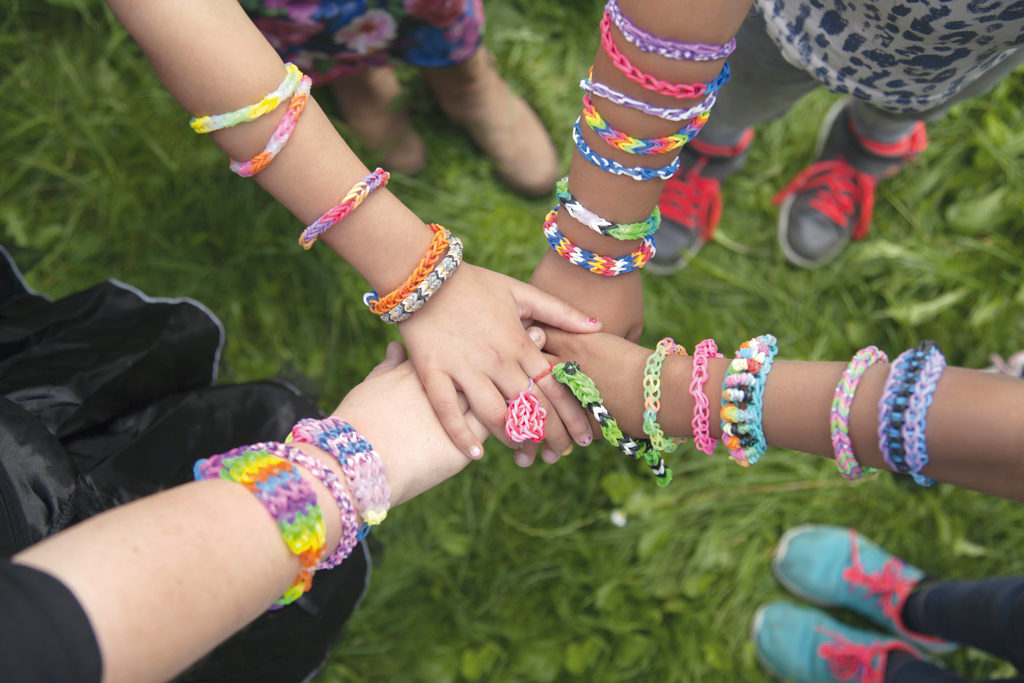
‘She had loved her all-girls boarding school from age 11,’ says Beth, a 45-year-old accountant in Henley. ‘But now all she could talk about was how dreadful it was. It was baffling.’
For six weeks, the family went through tearful phone calls and emails describing dramatic friendship issues including feeling lonely and not being invited to parties, until Beth could stand no more.
‘I suggested to her that I give the school notice for the end of GCSEs, promising she could come home as soon as the exams were over. And I offered to write to the school and to the other parents to ask for explanations.’
Beth was taken aback by Clara’s reaction. ‘My daughter was horrified and told me to back off in no uncertain terms. She loved her friends, she said. I was the one left in tears – of frustration.’
Adult Intervention
So how do schools support teen friendships? Charterhouse has a programme aimed specifically at helping children take that step from prep to senior school, which includes bonding activities and sessions on respect and tolerance. ‘We encourage boys to have wide groups of friends,’ says Jan Symes. Several schools including Bryanston and Millfield have now introduced year nine houses where all the incoming pupils spend a year together before being assigned to their houses, which gives the pupils a chance to bond and the school a better insight when deciding which house to place them.
Dr Alison Neill, head of Clifton High School, Bristol, thinks pupils can be encouraged to mix and be social, even to say hello. ‘We also let them know it is not unusual to feel awkward sometimes,’ she says.
Parents’ concerns can be magnified where boarding is concerned, not least due to distance, warns Ammy Davies-Potter, senior mistress at St Mary’s Calne, Wiltshire.
But, she adds, that in a boarding environment ‘opportunities are naturally present for girls to make new friends who will progress through the school, and life beyond school, together.’ In addition, tutors review individual pupil participation in activities and support those who are naturally shy or need encouragement to broaden their involvement.
A key message, she says, is for parents to work with a school and their child if they are concerned about anything – and not to try and helicopter in to ‘fix’ a situation. ‘It is important that girls are supported and scaffolded through the journeys of adolescence,’ Davies-Potter points out, ‘so that they are able to build resilience and solve friendship issues for themselves.’
Psychotherapist Gill Murchie adds: ‘Parent intervention can make situations worse; they can even lower a child’s self-esteem by taking away feelings of competence.’
‘One of the biggest problems is where children feel parents
are not open and go behind their back – coming into school for example without telling them. Your child needs to feel autonomous.’
This overlap between school and parents is the key when it comes to successful resolution, says Kendal Mills – even if parents find it difficult. ‘Take deep breaths,’ says Mills, ‘and step back. Look at the situation in the round before you start blaming or phoning other parents.
Liat Hughes Joshi agrees: ‘Mostly we should let our children get on with it – they can learn so much from dealing with minor disputes and fall-outs. Occasionally, if they are really struggling or you want to steer them away from someone you feel is a bad influence, that’s a fine time to step in. But we shouldn’t micro-manage their friendships generally – children need a degree of independence and space to learn for themselves.’
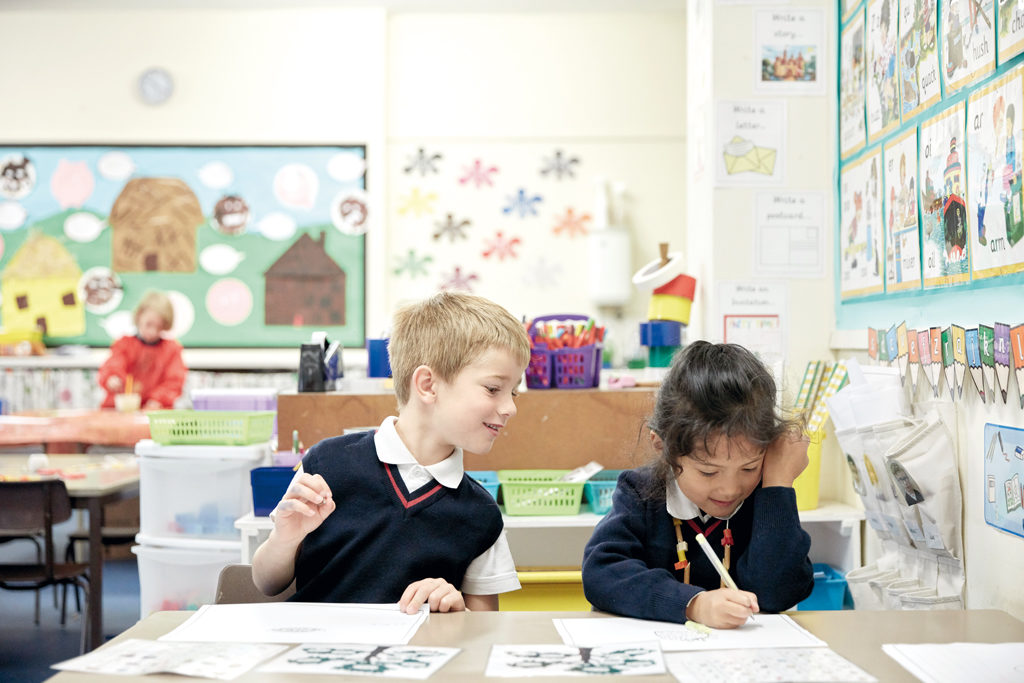
And it may be worth considering your own parenting style. A Finnish study in May 2018 published in the Journal of Family Psychology looked at three parenting styles – behavioural control such as curfews and monitoring; psychological control such as shaming and guilt; and warmth and affection – and found that controlling parenting was most likely to lead to peer problems and children’s friendships breaking up.
The experts also caution against parents trying to influence friendships. Davies-Potter says: ‘Parents should not try and engineer friendships with girls who they believe would be good for their daughter.’ Mills says: ‘You cannot force friendships. If you do, don’t be surprised if they fail or lead to cruelty, with the other child wanting yours off their back.’
This ties in with what psychotherapist Gill Murchie has seen – that most children work out quickly where they land in the pecking order of ‘cool kids’. She says: ‘Children know which group they fit into. Some exclude themselves – they withdraw rather than compete for a place. They have a highly nuanced understanding of what matters, more so than their parents.’
Nor should we overthink their friendships, says Jan Symes. ‘Sometimes we can see relationships are not going to last and I don’t think we should prevent them from happening on that basis. This is what happens in adult life, too.’
Finally, a plea from Mills: ‘Parents – hold your nerve. Don’t press the nuclear button. There will always be boys or girls who don’t get the social thing; you can’t change people’s personalities. But so often, we see that those children who don’t find years seven, eight or nine easy are fine by GCSEs.’
This article was originally published in School House Magazine Spring/Summer in March 2019.
READ MORE: The Bonus Benefits of Yoga for Youngsters | What Age Should Children Get Their First Phone?



